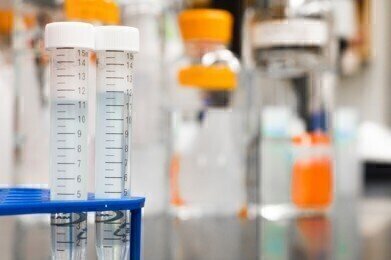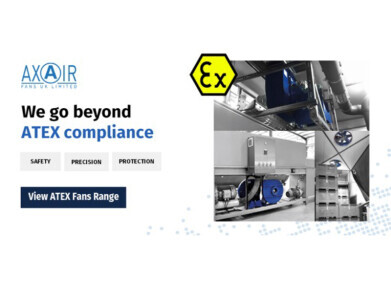Laboratory Products
6 Ways to Improve Laboratory Efficiency
Mar 22 2019
From science laboratories to industrial factories, the need to heighten efficiency with continued growth is universal. While every working laboratory is different, there are a few collective strategies that can be used to improve efficiency across the board.
People power
Modern laboratories may rely heavily on automated equipment but that doesn't mean the value of hands-on employees should be overlooked. Recruiting the right people for the right roles is a crucial part of maximising efficiency, optimising equipment and sparking innovation.
Digitisation
Digitising laboratories can be a lengthy process though the benefits are extensive. Not only will staff have access to information and data at their fingertips, but digitisation also supports the sharing of ideas and collaboration on projects. Digitisation also maximises storage space and reduces paper waste, which gives labs an eco-friendly edge.
Strategic workplace organisation
An organised laboratory is an efficient laboratory, which means it's important to keep your workplace logical and systematic. It's worth taking some time to develop a strategic plan about where to place heavily-used equipment, as well as tools, samples, solutions, waste and other laboratory items.
Stay on top of inventories
It may sound simple but keeping an accurate record of all incoming and outgoing items will help maximise efficient and prioritise research needs. Not only will a proactive approach to inventories streamline the ordering process, but it will ensure no projects are ever forced to a standstill due to limited resources or elapsed expiration dates.
Create templates
From routine PCR experiments to regular Western blots, most laboratories carry out the same processes multiple times a day. Creating templates can slash the time needed to perform a standard or repetitive task and help heighten efficiency.
Work smarter, not harder
The concept of "working smarter, not harder" can be collectively applied to all scientific laboratories, whether they're working on clinical drugs, molecular biology, R&D or any other sphere. The philosophy essentially means investing in the latest equipment to achieve the best possible results, with the least possible output.
Want to know more about the importance of next-generation equipment? Offering expert insight from Agilent Technologies consultant Diane Amato, 'Laboratory Optimization Through Workflow Design - Leveraging Workflow Analysis to Drive Laboratory Efficiency' features a case study of an analytical testing laboratory in Spokane, Washington. Drawing on decades of experience, Agilent developed advanced analytical instruments for the laboratory that incorporate proven Lean Six Sigma techniques, processes designed to systematically reduce variation and eliminate waste.
Digital Edition
Lab Asia 31.2 April 2024
April 2024
In This Edition Chromatography Articles - Approaches to troubleshooting an SPE method for the analysis of oligonucleotides (pt i) - High-precision liquid flow processes demand full fluidic c...
View all digital editions
Events
Apr 28 2024 Montreal, Quebec, Canada
May 05 2024 Seville, Spain
InformEx Zone at CPhl North America
May 07 2024 Pennsylvania, PA, USA
May 14 2024 Oklahoma City, OK, USA
May 15 2024 Birmingham, UK


.jpg)















